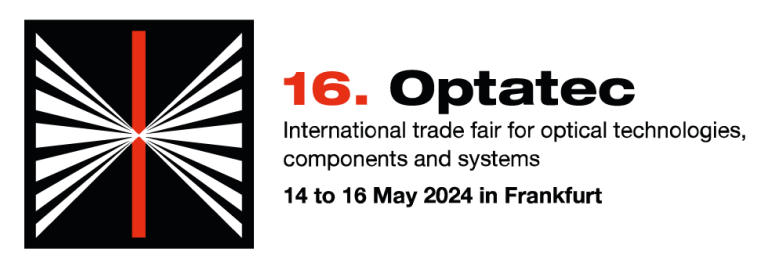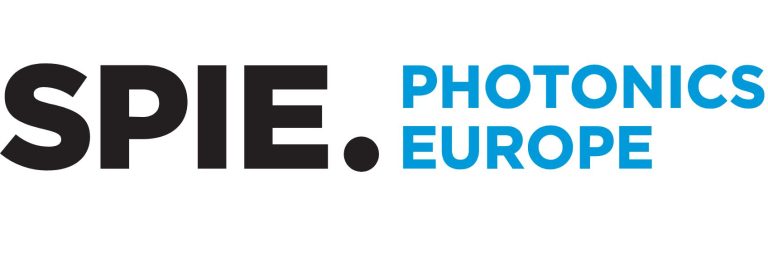AMBROSIA
Advancing diagnosis of sepsis at the point of care
A Multiplexed Plasmo-Photonic Biosensing Platform For Rapid And Intelligent Sepsis Diagnosis At The Point-Of-Care

Project ID: 101093166
Start date: 1. 1. 2023
End date: 31. 12. 2026
EU cordis link: CORDIS
Website: ambrosia-h2022.eu

Argotech’s role
- Definition of electro-optical interfaces.
- Designing and manufacturing of all necessary PCB boards required for electrical control of components of demonstrators.
- Electrical assembly and packaging of demonstrators.
Project description
Sepsis is a life-threatening medical emergency associated with an extreme reaction of the body to an infection. Although prompt diagnosis of sepsis is of utmost importance for survival, there is no single test available, and diagnosis relies on the detection of various clinical signs.
To address this problem, the EU-funded AMBROSIA project aims to develop a point-of-care unit that incorporates photonic biosensors capable of detecting 7 different sepsis-related biomarkers. The sensitivity and cost-effectiveness of the system relies on disposable neural network modules that offer an accurate and intelligent approach to sepsis diagnosis at the point of care.
Objective
AMBROSIA aims to provide the foundations for a multi-sensing future-proof Point of Care Unit for sepsis diagnosis offered by a CMOS compatible toolkit and enhanced by on-chip photonic neural network technology to provide an accurate and rapid diagnosis. AMBROSIA will be investing in the established ultra-small-footprint and elevated sensitivity of integrated plasmo-photonic sensors reinforced by the well-known on-chip slow-light effect and micro-transfer printed lasers and photodiodes on Si3N4, as well as the functional processing and classification portfolio of integrated photonic neural network engines, towards painting the landscape of the next-coming disruption in sensor evolution, tailoring them in System-in-Package prototype assemblies, with the sensors being cheap disposable pluggable modules that can rapidly and accurately diagnose sepsis at the bedside in clinical environments.
AMBROSIA targets to demonstrate a Point of Care Unit incorporating:
- i) a switchable sensor area array, with each sensor area facilitating a pluggable, 8-channel label-free plasmo-photonic sensor for sepsis diagnosis with a sensitivity over 130.000nm/RIU and a Limit of Detection below 10-8 RIU for each interferometric sensor,
- ii) an embedded Si3N4 photonic neural network processing and classifying at the same time the data from at least 7 biomarkers with zero-power providing in the first minutes an accurate and rapid diagnosis for sepsis,
- iii) Micro-transfer printed lasers and photodetectors on chip that will drastically decrease costs of both the sensing and neural network modules, and render the sensor arrays disposable.
Coordinator:
Partners:
Fundacio Hospital Universtitari Vall D’Hebron – Institut de Recerca, Spain
ICN2 – Fundacio Institut Catala De Nanociencia i Nanotecnologia, Spain
TE – Microliquid SL, Spain
UOI – Panepistimio Ioanninon, Greece
Smart Photonics BV, Netherlands
Universite Dijon Bourgogne, France
X-Celeprint Limited, Ireland
Biopix DNA Technology IKE, Greece – 3rd party

This project has received funding from the European Union’s Horizon Europe research and innovation programme
under the grant agreement no. 101093166.




